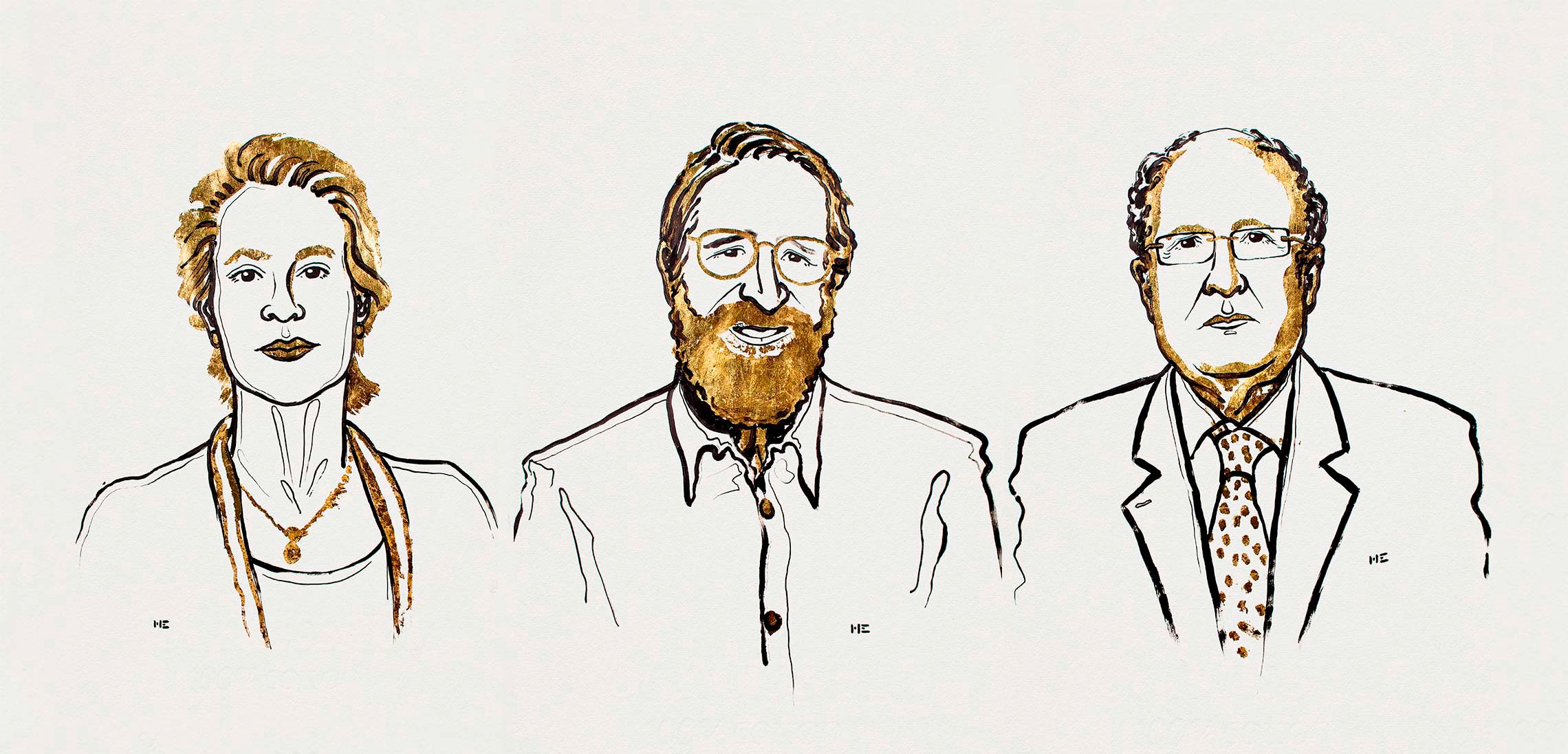The Nobel Prize in Chemistry was shared by three researchers who controlled genetic changes and selective processes in a laboratory in order to produce enzymes and antibodies of great interest to mankind. American chemical engineer Frances H. Arnold, 62, from the California Institute of Technology (CALTECH), was awarded half of the prize money for conducting the first directed evolution experiments in 1993, aiming to obtain catalytic proteins that accelerate chemical reactions. The catalysts generated from the refinement of his approach are now used in the production of various compounds, from biofuels to new drugs. The other half was split between two biochemists: American George P. Smith, 77, from the University of Missouri, USA, and Englishman Gregory P. Winter, 67, from Cambridge University, UK. In 1985, Smith developed a method called phage display, which uses a virus (bacteriophage) that attacks bacteria to create protein fragments that can interact with specific proteins. Winter later refined the approach to generate antibodies for treating disease. In 2002, the first antibody produced by the method, adalimumab, was approved to treat rheumatoid arthritis, psoriasis, and inflammatory bowel diseases.
RepublishNobel Prize 2018 | Chemistry
Directed protein evolution

Frances Arnold ,George Smith and Gregory Winter
Niklas Elmehed / © Nobel Media

